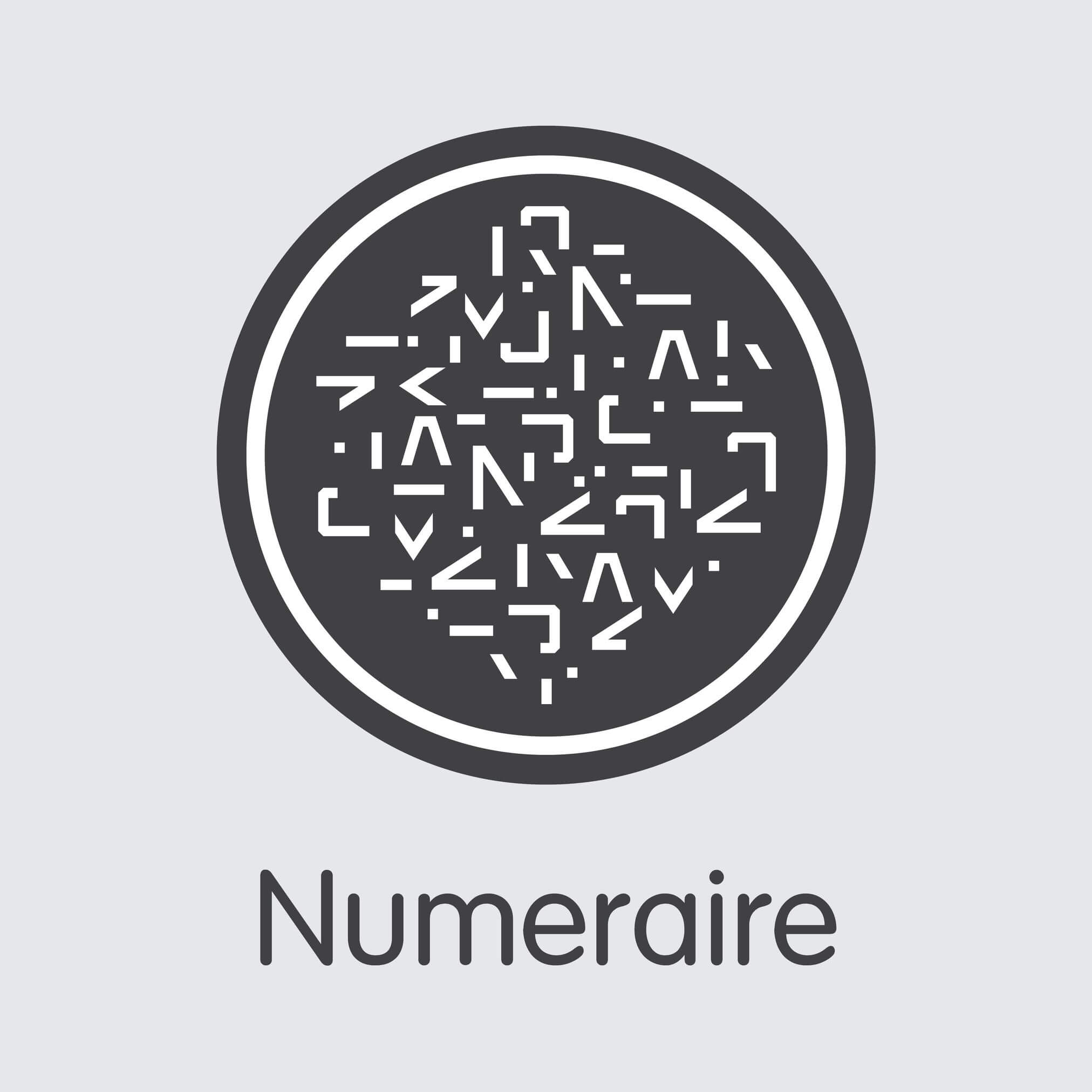
The ICO market has been relatively “dried up” in the last year or so, as is natural when investors don’t see a lot of short-term upside. However, Numerai has just managed to close an $11 million capital raise.
Paradigm and Placeholder were the lead investors on this deal, and the prediction market startup and hedge fund conducted the raise by selling NMR tokens. Numerai tweeted about their milestone capital raise on March 21st, and went into further detail about the future use of the funds and what this means for the company.
Developing Erasure
The funds raised are intended to be used to hire engineers for Erasure, the decentralized portion of Numerai. It was announced in October of last year and although no release date has been given yet, based on the timeline of hiring developers, it is expected in late 2019.
Before going further, it is necessary to emphasize that Numeraire is a hedge fund offshoot of Numerai. In comparison to Numeraire current offerings of prediction markets for traditional assets, Erasure will allow for predictions to be made on every type of asset.
Erasure is a natural expansion in terms of horizontal offerings for Numerai, and with the recently raised $11 million, investors have been quick to pump up Nomeraire token (NMR). In the day following this announcement, this altcoin’s price went up approximately 20%.
From an investing perspective, many wonder why Paradigm and Placeholder would accept tokens instead of equity. Joel Monegro, partner at Placeholder, explained it as such:
“The way we think of our investing in decentralized crypto networks is underwriting, capitalizing the network. … As more people come to buy and sell data from each other, the role of big financial investors like ourselves diminishes over time. Then we can gradually begin to exit our position as the network becomes self-sustaining.”
Numeraire’s Core Value Proposition
Current usage for Numerai is currently around 1,000 people per week. These users stake tokens in order to buy and sell their “predictions” for movements in the market. Data marketplaces are a natural evolution to trading systems, and the use of blockchain technology to help facilitate these bets has helped to add a significant amount of trust to the system.
Numeraire was established in late 2016, and the core goal of the platform is creating a decentralized system that incentivizes data scientists to make better predictions.
Weekly competitions are conducted where data scientists present various prediction models and are rewarded for their efforts based on the performance of said models. Hedge funds can use smart contracts to judge the accuracy of each model and decide whether it is usable or not.
This essentially creates a “hive mind” of data scientists all contributing to a slowly refined model for Numerai to use. The data scientists stake their tokens when they participate in a competition, and end up receiving “dividends” of sorts in exchange for their efforts.
From a macroeconomic perspective, this creates a new type of meritocratic employment where anyone can do well assuming they are contributing to a system. Additionally, the model goes through a form of “evolution” as more and more iterations are put forward and tested. This is one of the promised aspects of the decentralization ethos, and it will be interesting to watch how Numerai changes in the future.

